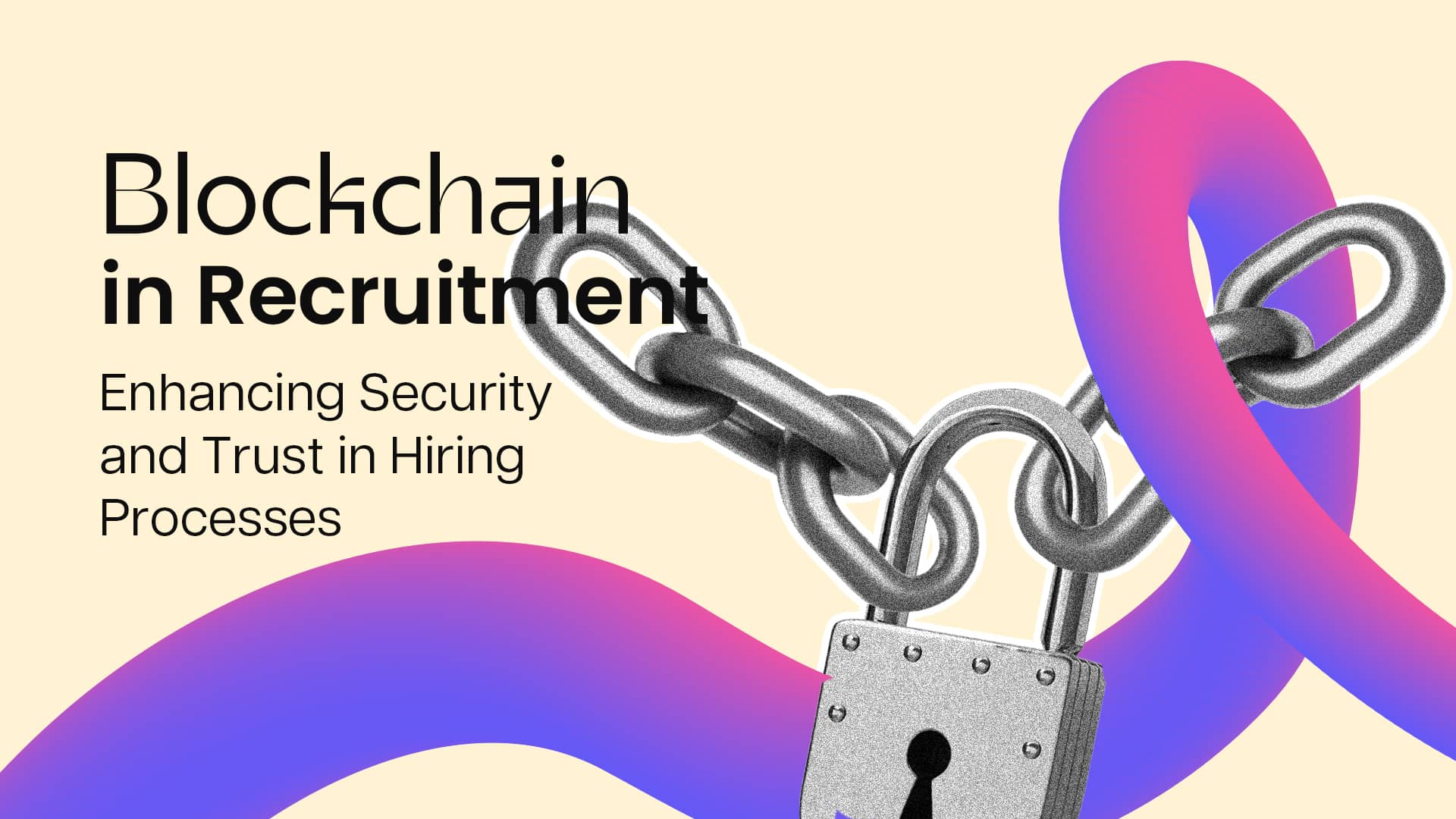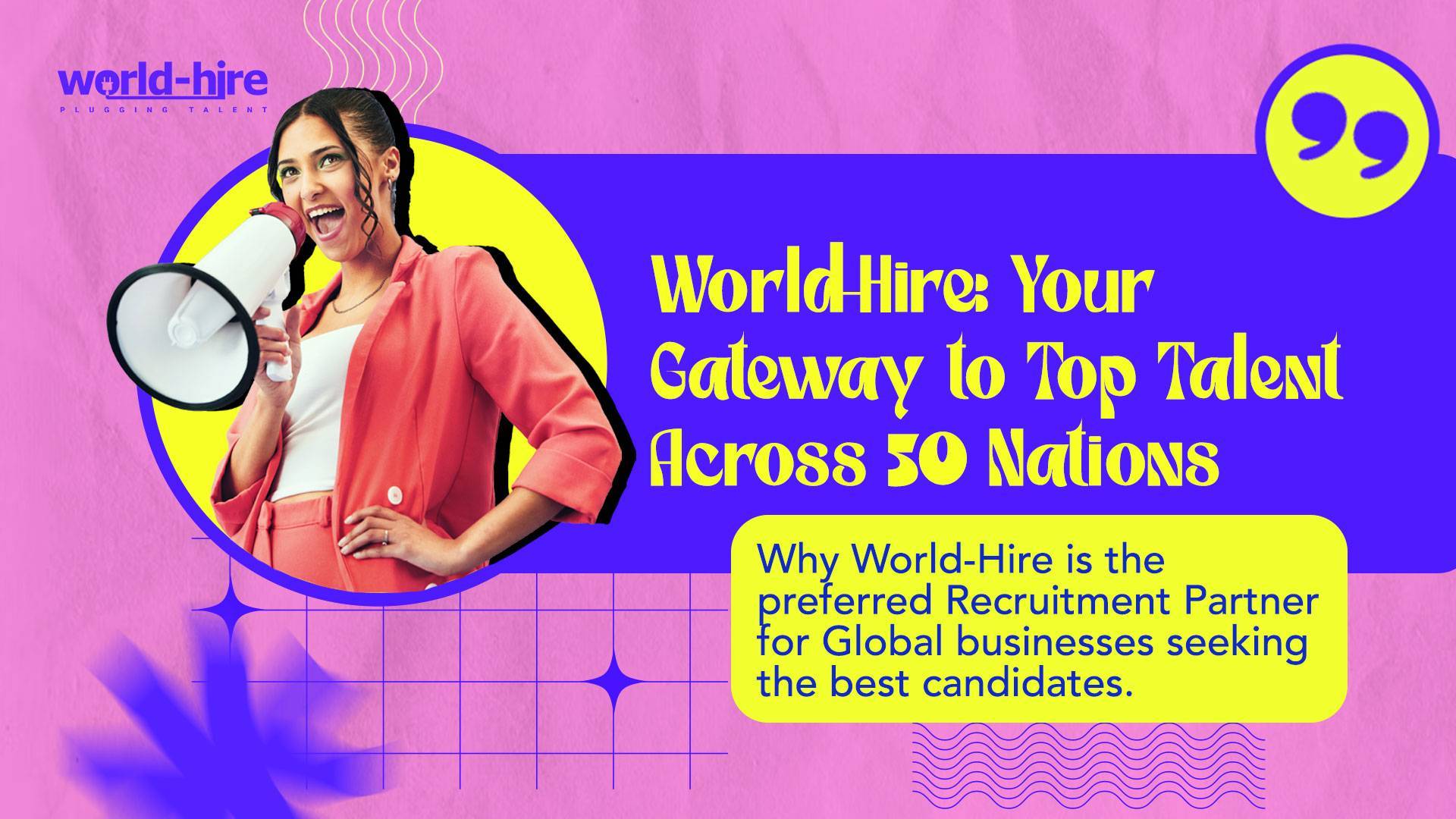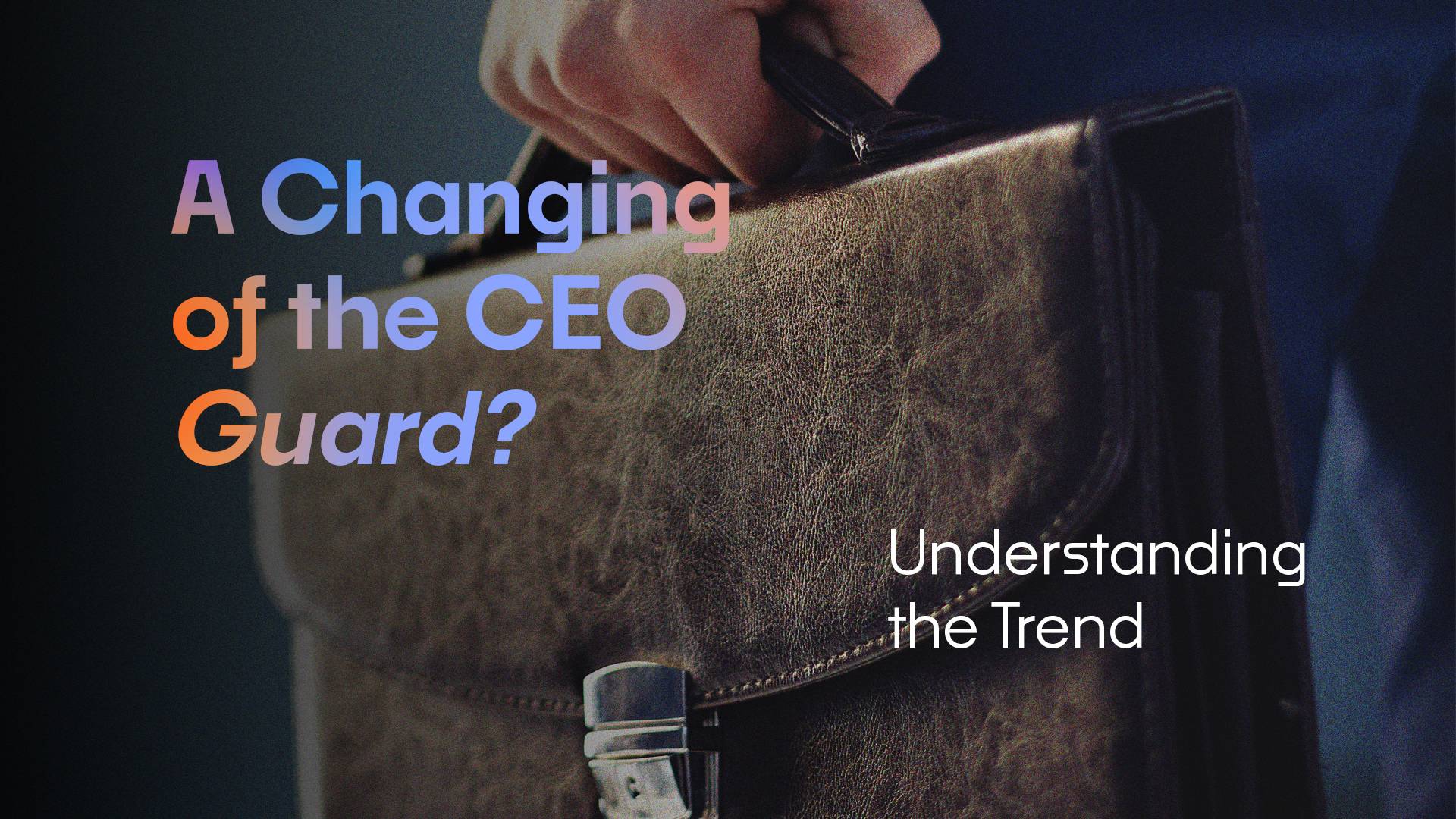In an era of rapid technological advancements, blockchain has emerged as a game-changing technology with the potential to revolutionize various industries. One area where blockchain is making significant strides is in the realm of recruitment ( Blockchain in Recruitment ). By leveraging blockchain technology, organizations can enhance security, build trust, and streamline hiring processes. In this blog post, we will delve into the concept of blockchain in recruitment and explore its impact on enhancing security and trust in hiring processes.
1. Understanding Blockchain in Recruitment
Blockchain is a decentralized and distributed ledger technology that enables secure and transparent record-keeping. Traditionally associated with cryptocurrencies like Bitcoin, blockchain is now finding applications in diverse sectors, including recruitment. In recruitment, blockchain serves as a tamper-proof ledger that stores candidate information, credentials, and employment history in a secure and immutable manner.
2. Immutable Record-Keeping and Data Integrity
One of the key benefits of blockchain technology in recruitment is its ability to ensure immutable record-keeping. Candidate data stored on the blockchain cannot be altered or tampered with, thereby enhancing data integrity. This feature is particularly valuable in combating fraudulent activities, such as falsified qualifications or employment history. With blockchain, recruiters can trust the accuracy and authenticity of candidate information, leading to more reliable hiring decisions.
3. Verified Credentials and Streamlined Verification Processes
Blockchain facilitates the storage and verification of candidate credentials in a secure and decentralized manner. Candidates can have their qualifications, certifications, and other credentials verified by relevant authorities and stored on the blockchain. This eliminates the need for manual verification processes, reduces the chances of fake credentials, and streamlines the screening process. Recruiters can easily access verified information, saving time and effort while ensuring the accuracy and legitimacy of candidate qualifications.
4. Smart Contracts Automating Hiring Processes
Smart contracts, a key feature of blockchain technology, are self-executing agreements with predefined rules and conditions. In the context of recruitment, smart contracts can automate various aspects of the hiring process.
For instance, they can facilitate candidate assessments, interview scheduling, background checks, and even payment processing. By automating these processes, recruiters can significantly improve efficiency, reduce human error, and enhance the overall candidate experience.
5. Transparency and Trust Building
Blockchain technology promotes transparency and trust throughout the recruitment process. All stakeholders, including candidates, recruiters, and hiring managers, have access to real-time information stored on the blockchain. This transparency fosters trust, improves communication, and ensures fairness in decision-making. Candidates can track the progress of their applications, while recruiters and hiring managers can easily verify and validate candidate information. The transparency provided by blockchain minimizes the potential for bias or favoritism, promoting a more inclusive and equitable recruitment process.
6. Data Privacy and Security
Data privacy and security are paramount in recruitment, as sensitive candidate information is exchanged during the hiring process. Blockchain addresses these concerns by providing advanced encryption and robust security measures. Candidate data stored on the blockchain is highly secure and protected against unauthorized access. With blockchain, candidates can have confidence that their personal information is safeguarded, fostering trust between candidates and recruiters.
Conclusion
Blockchain technology is transforming the recruitment landscape by enhancing security and trust in hiring processes. Through immutable record-keeping, verified credentials, smart contracts, transparency, and data privacy, blockchain is revolutionizing the way organizations attract, screen, and hire talent. As this technology continues to evolve, it presents new opportunities for recruiters to streamline processes, reduce costs, and make more informed hiring decisions.
By embracing blockchain in recruitment, organizations can gain a competitive edge in attracting top talent while ensuring a secure and trustworthy hiring environment. As the potential of blockchain unfolds, it is essential for recruiters and HR professionals to stay informed and explore how this technology can be integrated into their recruitment strategies. The future of recruitment is intriguingly tied to the power of blockchain, offering enhanced security, transparency, and efficiency for hiring processes.
As the adoption of blockchain in recruitment continues to grow, organizations can look forward to several advantages. Hiring managers can streamline candidate screening and verification processes, saving time and resources. Candidates benefit from a more reliable and transparent hiring experience, with their credentials and qualifications securely stored and easily accessible.
Moreover, the immutable nature of blockchain ensures that candidate data remains tamper-proof, reducing the risk of fraudulent activities. This promotes trust between recruiters and candidates, as well as within the organization itself. With verified credentials readily available on the blockchain, recruiters can confidently make informed hiring decisions, knowing that they are selecting qualified individuals with validated backgrounds.
The automation capabilities of smart contracts bring further efficiencies to recruitment processes. These self-executing agreements can automate various tasks, such as scheduling interviews, conducting background checks, and even managing payment processes. By reducing manual intervention and human error, recruiters can focus on strategic aspects of talent acquisition, fostering a more efficient and effective hiring workflow.
As the HR industry continues to explore and adopt blockchain technology, staying informed and updated on the latest developments is crucial. By embracing this innovative technology, organizations can position themselves at the forefront of the recruitment landscape, ensuring a competitive edge and a more seamless hiring experience for all parties involved.









